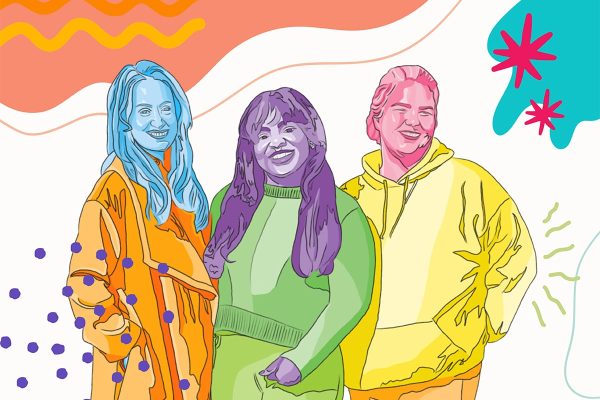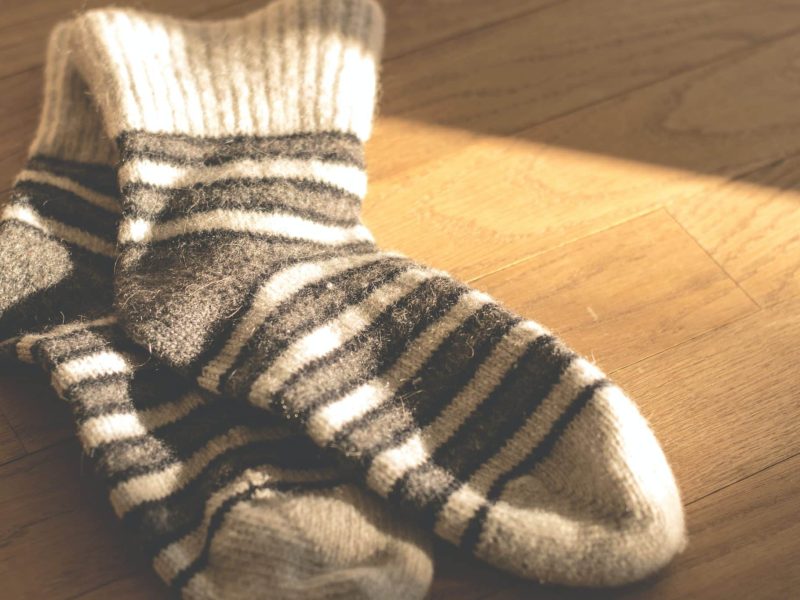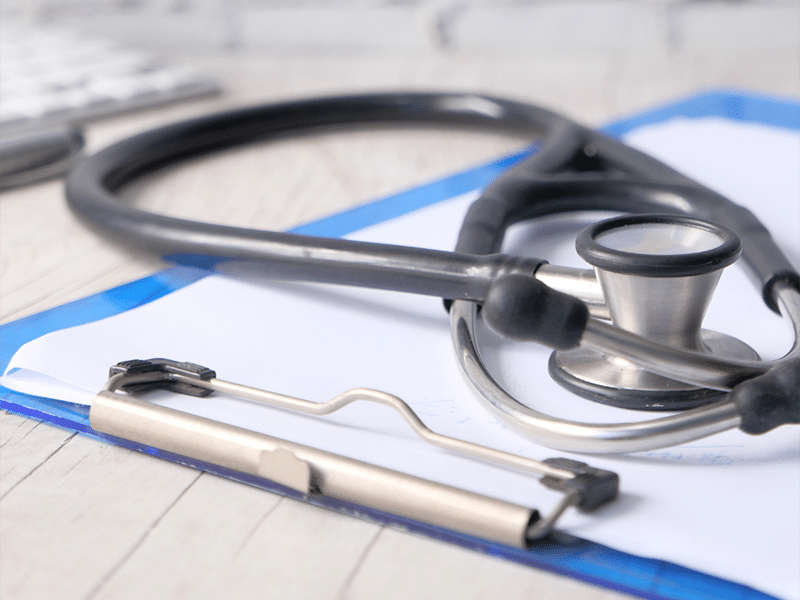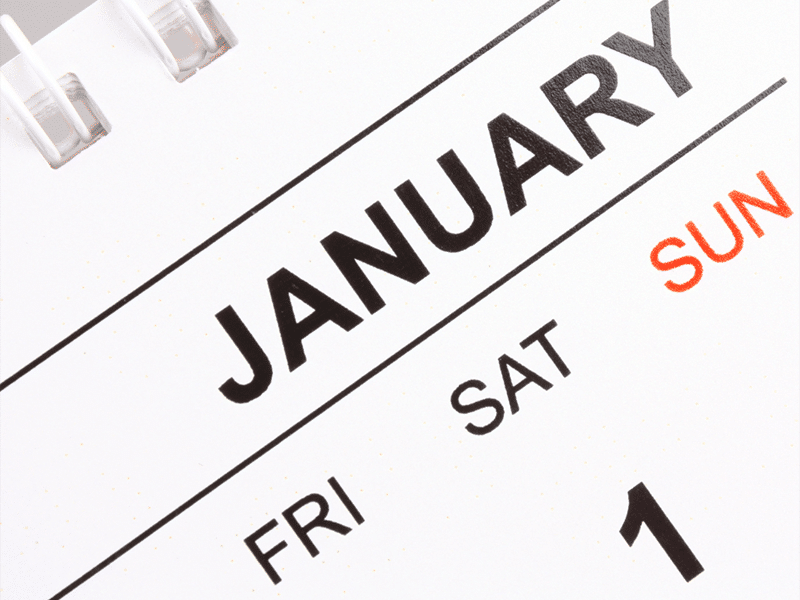In 2021, Feminist Center received a grant from the Women’s Foundation California to shift culture and perspectives on abortion access. With that funding, we were able to develop FWHC’s Abortion Storytelling Project, where we provided trainings & compensated opportunities for activists to develop storytelling skills around their abortion experiences. Check out the stories below, which were all developed by abortion storytellers across Atlanta, Georgia.
Have a story you want to share? Email [email protected]


By Lum3n from Pexels.
I found out that I was pregnant in an employee bathroom of an H&M clothing store on the second floor of our local mall.
I’d purchased the test from a Walgreens nearby on my way to work, and walked into my part-time retail job that morning with the box bouncing around in my bag. I stood at the sink in the bathroom for a very long time after the positive result appeared, staring at myself in the mirror. I touched my stomach. I never cried. A few long moments later, I walked onto the sales floor and began unloading a shipment of neon-colored dresses.
Despite the fact that I was young, with no advanced education, earning near-minimum wage; despite the fact that I lived with my grandmother, that my father had recently died and I was still in the ravaging throes of grief; despite the fact that I felt lost, unmoored, and unsure how to go about putting my life together, I didn’t immediately know that I would get an abortion.
I told no one for a few days, continuing my shifts at H&M so tired that I could barely fold shirts, barely stand. On my days off, I’d nap for entire afternoons and evenings, delirious with exhaustion. I stopped eating deli meat and my favorite sushi. I cut back on caffeine. I could smell everything and touched my womb unconsciously all day long.
When I did decide to tell someone, I told my grandmother and my mom. We immediately went to the hospital together to confirm the positive test. My mom was excited when we left. My grandmother, who got married at 16 and had my mother when she was 17, looked weary.
My memories of this time—the time between buying the pregnancy test and driving to the abortion clinic—compress and expand when I try to touch them. A lot of what happened during those days is difficult to remember.
In one memory of this period, I’m lying in bed with my grandmother, curled on my side, talking to her about getting the abortion. The decision to do so had bloomed clearly and unequivocally in me in the days following the hospital visit. I knew with my entire body that getting an abortion was the right thing to do.
In the memory I have, I tell my grandmother this, and my voice is calm and sure. She responds with an offer to help me pay for my abortion, to take me to the clinic. She brings me tea and rubs my back. She says she loves me, and I believe her.
In another memory, I’m sitting at an outside table at Starbucks with my mom, showing her an ultrasound image. I tell her I’ve made up my mind. She looks at me and tells me that I’m brave, that she’s proud of me for doing what’s best for my life. I watch her as she wills this to be the truth.
In still another memory, I’m in my grandmother’s kitchen on the phone, making an appointment. The golden daylight in the memory tells me it’s late afternoon. The woman on the other end is kind, but clinical. I answer her questions. She tells me the procedure will cost $500. She tells me what to expect after. She gives me a date. I hang up the phone.
The day of the procedure, my grandmother piled me into her car. The sky was pink with dawn. We headed from my small town into the city to an established women’s health clinic. I felt scared and dissociated.
We navigated a gauntlet of protesters with grotesque picket signs as we pulled into the parking lot. Hostile strangers implored me to turn around. A kind man, clinic security, came out and gently, safely, led me inside.
I remember a waiting room of women. I remember a mandatory ultrasound that the technician mercifully did not require me to look at. A saline drip in my arm and a soft, cotton gown. Me, on the floor of the bathroom, shivering with fear and nausea. I remember the kind, patient clinic workers, their tenderness and soft voices, my warm, white socks.
I remember the procedure room and me, on a table. A woman with a sweet face and steady voice holding my hand, soothing me, telling me to breathe, to just count backward from 100. I remember doing this and falling gently asleep.
When I wake up, I’m in a clean, cool room on a hospital bed under a warm blanket, next to several other women in their own beds recovering. I’m given juice, cookies, and reassurances that I believe. I’m given information on how best to care for myself when I get home. I feel a tectonic rush of relief. I feel safe and free again.
My grandmother, who’s been waiting for me, eases me into her car, but physically, I feel okay. I feel better, in fact, than I have in weeks. When I get back to my grandmother’s house, my mom visits with tomato soup. I’m tucked into bed, she rubs my hair.
My life feels like a door once shut, now wide open.
Content warning for mentions of sexual assault
Hi. I’m Cazembe Jackson. I am a Black, Southern, nonbinary Trans Man. In the spring of 2001, I was raped by four men. I was queer and presenting in a very trans masculine way. That rape produced an unwanted pregnancy. I dropped out of school and went home. My mother wasn’t very supportive about the rape. She made it seem as if it was my fault because I was queer.
Around the corner from my house was a planned parenthood. I chose it because I knew they wouldn’t give me a lecture on Christianity or trick me into not getting an abortion. I remember that it cost 300 dollars and I had to take out a payday loan in order to pay for it. It took me years to pay that loan off. When I got to the clinic they gave me the paperwork and said I had to come back a few days later to have the abortion. I did that and had what is known as a medical abortion. But they went an extra step and called the rape crisis center and set me up a free therapy appointment. I often say that my abortion saved my life because had they not called I may have never gone to therapy, which did indeed save my life.

By towfiqu ahamed barbhuiya.

By pearleye from Getty Images Signature.
I found out I was pregnant with my second child when I was 21 years old. While going through the pregnancy process with my first child in August of 2020, I developed some health problems, leaving me to have a high-risk pregnancy. Through all the pain, doctor visits, sleepless nights, I delivered a healthy baby girl. In January 2021 the next year I found out I was pregnant again and this time not planned or anything considering the high-risk pregnancy I had just experienced.
I went to the doctor because I wasn’t feeling well, and I was informed that at 7 weeks I had already developed some problems with the baby and continuing on in the pregnancy the risk would only get higher. So now I had to make a not so easy decision. With me just having a little baby, Financial Funds weren’t so great for me, and my health wasn’t either. I reached out to Feminist Center and right away they assisted and helped me Through the whole Abortion process. Feminist Center offered many different resources for me even after the medical process was done. Feminist Center made me feel more comfortable and secure about the decision I was making. Some women make the tough decision of having an abortion not because they want to, but because they have to. Feminist Center makes you feel like you’re not alone and there are many other women who are making the same kinds of tough decisions you are. I am so grateful and thankful for the Feminist Center.
Everyone’s decision to have an abortion is entirely unique and, more often than not, personal history is ingrained in that decision. In this interview below, a member of FWHC sat down with an abortion storyteller (who we’ll call KS), who speaks to the myriad of emotions she endured on her journey. She gives us a substantial and vulnerable view into her experience receiving an abortion, as well as how she managed her family’s opinion on abortion with her own.
FWHC: If you could describe your abortion experience in one word? What would the word be and why?
KS: Off the top of my head, the one word I can think of is liberating. That’s because coming into it I felt one way. Honestly, it was very overwhelming, isolating, and bleak. Being, what I consider to be on the other side of it, for the most part of it, and everything I’ve been able to take away from it and cling on to and really grow from has been one of the most liberating feelings. I feel so empowered.
FWHC: I feel like that’s really common for people to feel one way whenever they start the process and then once it’s over they feel another way. Could you talk more about the circumstances that led you to feel the way you felt before the abortion and how you shifted into feeling a different way?
KS: I did grow up in the church. Whenever I was with my grandparents, my grandmother would take us to church Sunday morning and Sunday school afterwards. Church and Christianity have always surrounded me. The only mention of sex was just not to have any and if someone ever spoke about abortion, it was in a negative way. I already had these preconceived notions about what my family thought about it in addition to society treating abortion as very taboo. That led me to feeling a lot of internalized shame. I looked to the way I grew up as guidance for my feelings. Am I supposed to feel the way my family does? Because I don’t feel that way. That made things feel very dark because that means I can’t talk to my mom, or my dad, or my grandma. Does that answer your question?
FWHC: Yeah! Could you tell me about how you shifted toward feeling liberated and more strongly in your position?
KS: Originally, it was something I wanted to dive head first into. The kind of person I am, I don’t like being down. I don’t like feeling like my life is out of the loop. I wanted to figure out how to come out of this on the other side. That worked for maybe a few months until I realized I wasn’t letting myself feel everything. I was just intellectualizing my feelings and that didn’t get me anywhere. The more I let myself feel everything and lean more into myself rather than listen to everybody else’s opinion, the more I grounded myself in the fact that this was a choice I made for me, for my life, for my future. I’m grateful to have been able to do that for myself.
FWHC: Thank you. Thank you for sharing that. I wanted to talk about the logistics of getting an abortion. As I’m sure you know, folks have to face a lot of barriers. They have to walk past protesters, sometimes they have to wait multiple days to get scheduled, so I wanted to ask what was your experience leading up to having your abortion? Did you have to encounter any protesters or barriers outside of the stigma that we talked about?
KS: I’m grateful that I didn’t have any super big barriers…besides financially.
FWHC: That’s a huge barrier!
KS: [Chuckles.] That was one, but there were no protesters where I went. Originally, I planned to go to Planned Parenthood because that’s all I knew about. Two of my best friends, though, were with me throughout everything. Doing the research with me, all huddled up on my bed. We were all trying to find a good place. My best friend actually found the place that I went to. It was sort of secluded in a big office building, so nobody would really know I was there or what I was there for. So, there were no protesters. I scheduled my appointment maybe two weeks in advance. I feel like I was able to get in very quick. There wasn’t a long waiting period. I just chose the first available appointment.
FWHC: It’s really cool that your friends were so supportive. Did you have other networks of support that you relied on during this process?
KS: Outside of my three best friends, the guy that got me pregnant was also very supportive. I wouldn’t necessarily say I was surprised about it because I know the type of person he is. I just wasn’t expecting the amount of support he gave me. He went to the clinic with me. He waited with me. He was there after. He was there in the months leading after. It was those four people—my best friends and him. That was kind of all I had until I got around to opening up about it to anybody else.
FWHC: When you opened up afterwards, what did that look like for you? Did you start talking to other folks about your abortion story? Did you start journaling about it? How did that look for you?
KS: I can speak to the journaling first. I’ve been a journal-er since about the third grade.
FWHC: Me too!
KS: It’s been my go-to forever, so that was really my first way of releasing a lot of stuff. Even up till now, I’m journaling everything. Journaling was, I think, one of the first outlets for me. The people I’m closest to—they noticed a change in me and that signaled to them to check on me more. That’s how I was able to open up more in a way that was comfortable for me. They gave me the space and time to do so. Eventually, I told three of my cousins that I’m very close to. Which was important for me because I’m a big family person. It was important to be able to know that I could lean on them for this.
FWHC: That’s great! What do you wish you knew before going through the process of going through an abortion?
KS: I wish I knew the steps to take. I didn’t know there were so many resources out there for me. I wish I had known immediately where I could turn to. Outside of my immediate support group, I didn’t know there were hotlines or organizations with open forums to discuss abortions. That was something I was scrambling for in the beginning. I was everywhere to see if I could find anything. I felt like I was drowning for a while.
FWHC: What resource did you use?
KS: I remember using the Exhale app. There are a lot of abortion stories on it. Because I’m such a big writer and storyteller that was one of the things that really drew me in. It made me feel closer to people—even though I’d never met these people, had no idea what they looked like, but it made me feel less alone. I used that and there was also a text number to use if you wanted to talk to somebody and I used that frequently.
FWHC: That’s great! I’m glad you were able to find that when you needed it. Those were all the questions I had, but is there anything else about your story that you’d like to share that we haven’t talked about?
KS: The biggest part about my story that I want to share is more of a message to other people. I want people to know they aren’t alone—or as alone as they may feel. That was one of my biggest things. Even with my support system, I knew they couldn’t completely understand what I was going through. In that same breath, if a person does have someone they can reach out to, make sure to do so. Be sure to find the balance. Abortions save lives. Not only did my abortion save the trajectory of my life, but it has also been one of the most beautiful and empowering acts of self love that I have chosen in my 28 years of life.

By towfiqu ahamed barbhuiya.